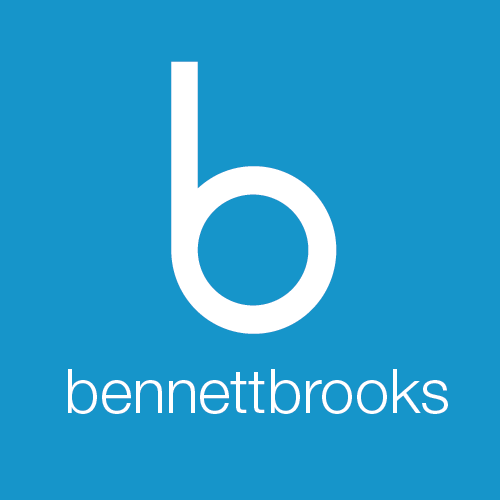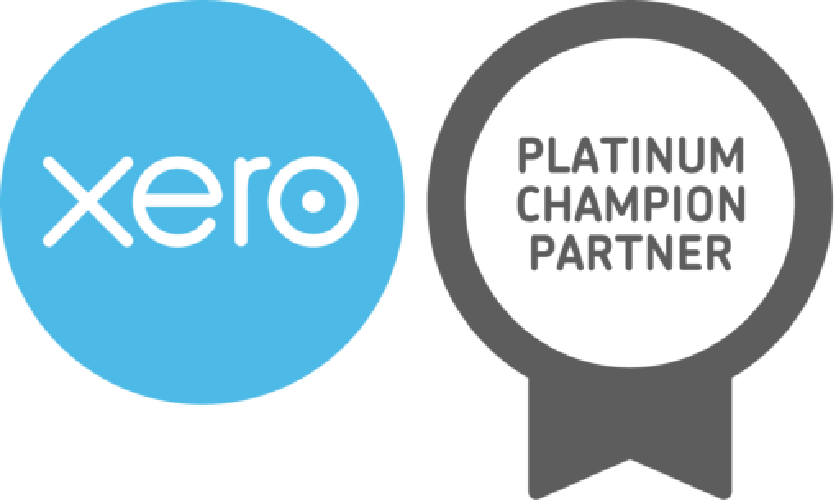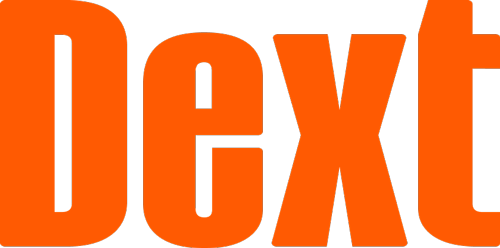in this final part we examine a number of FAQ’s on the topic.
Who is exempt from Making Tax Digital?
In most cases, any sole trader/freelancer/landlord earning more than £10,000 per year will have to sign up for MTD. However, there are exceptions in very specific circumstances, when you may be granted an exemption. Specifically, you can request an exemption if you’re not able to use a computer, the internet, or software. This could be for religious reasons, or because of:
• Your age
• A disability
• Where you live
• or any other reason that makes it impractical and unreasonable for you to use an accounting software tool for your taxes.
If you are reading this guide online, it is unlikely that an exemption will not apply to you—but if it does, you or your accountant will need to contact HMRC to ask for an exemption.
Can I opt out of MTD if I earn below £10,000 a year?
Unless you’re exempt, you’ll have to sign up for Making Tax Digital if you make more than £10,000 per year as a sole trader or through rental income.
HMRC has not yet offered any clarity on whether sole traders will be able to opt out of MTD if their income drops below £10,000—or whether those earning less than this amount will be able to sign up voluntarily.
Further guidance will be released closer to 2024 and we will be keeping a watchful eye on any announcements.
Do I need to digitally store receipts and invoices?
No—you can still keep your paperwork on paper if you want to. However, each transaction needs to have a digital record attached to it, and the amount concerned needs to be allocated to the correct income or expense category within your accounting software. The total amount in each of these categories (and not individual transactions or scanned receipts) needs to be submitted to HMRC each quarter.
Will I still be able to file paper tax returns?
If you are registered for Making Tax Digital, your tax information will need to be submitted digitally. If you earn under £10,000 per year, MTD will not apply to you, so it is likely that you’ll be able to continue filing paper returns if you prefer.
Can I still send handwritten or printed invoices?
Yes, you can still create handwritten invoices or print them out to send to your clients under MTD. These will need to either:
• Already form part of your digital records, i.e. an invoice created in your accounting software and printed to send to a client
• Be added to your digital records as soon as possible after the transaction
Bonus tips to help you prepare for MTD for ITSA
Work out whether you need to sign up in advance
To avoid any last-minute stress, it is a good idea to find out if you need to sign up for MTD before the deadline comes around. We are looking at all of our current clients and will be getting in touch if them if they clearly fall within the criteria but if you are a sole trader and you earn over £10,000 per year (before tax) from your trade or rental income (or a combination of both) or you expect to breach this threshold in the next two years, you will have to sign up.
This is likely to be based on your last tax return, so if you don’t earn more than £10,000 in the tax year 2022–2023, you won’t need to sign up just yet.
Sign up ahead of time
If you do need to sign up, the deadline will be 6th April 2024. However, it is a good idea to plan ahead and sign up before this date.
HMRC is currently running a pilot scheme, so you can actually sign up voluntarily already if you want to. However, there are only a limited number of software options available at the moment, and the pilot scheme is currently only open to sole traders with income from only one business.
Please ask us if you would like to explore the pilot.
Optimise your admin processes
Making Tax Digital could be a great opportunity to review your business admin processes and make sure they’re as efficient as possible. OK, this isn’t a very exciting prospect—but if you’re still using spreadsheets or a paper-based system to record your income and expenses, now might be a good time to take the leap and find an easier, more modern solution. There are some significant benefits to be had.
Get used to using accounting software
Making Tax Digital for Income Tax will not be mandatory until 6th April 2024, which means that you do not need to start using accounting software to keep digital records until then.
However, it is always good be prepared, and you can take the first step towards being MTD-ready by signing up for some simple bookkeeping software today—you never know, it might even make your life easier in the meantime!
We hope our 3 blogs on MTD for ITSA have been of help and that we have answered many of the questions you may have had. Should you need any further assistance or have more queries, please don’t hesitate to contact us. Call 0345 330 3200 today and the team will put you in touch with our MTD expert in your nearest office.
You can also email us at hello@benettbrooks.co.uk, we are here to help!
Changes to Non Domicile Rules – Spring Budget Update 2024
The new rules that apply from April 2025 are proposed to operate for income tax purposes such that if a non UK domiciled individuals comes to live in the UK after a period of 10 years consecutive non-residence, there will be full tax relief for a 4-year period of subsequent UK tax residence on FIGs arising during this 4-year period, during which time this money will remain outside the UK tax net and can be brought to the UK without an additional tax charge.
Right shares, right time?
For start up businesses, it is important to think very carefully about who initial “founder” shares are issued to and consider future “what if” scenarios and how they might be dealt with.
Succcession – How planning ahead is the best option
The succession of the farm is often on the minds of those of whose farm has been in the family for many generations. Not only is it a wish that they would like the farm to continue within the family but also to provide an inheritance to any of their non farming children.
Holiday pay calculation simplified
The Government’s response to consultations on holiday pay for irregular hours workers has simplified the process. The new ruling effective from 1st April 2024, reinstates the 12.07% calculation method. This means that for every hour worked by staff, they accrue holiday leave and pay at a rate of 12.07%.
HMRC enforces tighter rules on side hustles
In a bid to tighten tax regulations and combat tax evasion, HMRC has introduced legislation that will impact sellers on platforms such as eBay, Vinted, Etsy Airbnb and Uber. As of 1 January 2024, many digital platforms are now mandated to collect and share transaction and seller details with HMRC
How Financial Modelling can improve business performance
Financial modelling can help businesses unlock information that can be the key to their strategic advantage.
Are you one of the 12 million people that HMRC are expecting to file their tax return by the 31/01/2024?
Planning ahead is key and we advise clients against delaying the filing of returns until the last minute so that they can relax and enjoy the festive season.
HMRC Self-Assessment helpline update
HMRC are changing the way they support customers and agents through their Self-Assessment (SA) helpline. With this in mind, we would urge our clients to get in touch as soon as possible if they have personal tax issues to resolve.
Self assessment threshold increased
HMRC has announced a major shift in tax procedures, exempting high earners with PAYE income exceeding £150,000 from self-assessment tax returns starting in the 2024/25 tax year.
This change, following the recent threshold increase from £100,000 to £150,000 for 2023/24, is expected to benefit approximately 338,000 taxpayers.
Technology – a cost or value-add?
At bennettbrooks we are lucky to have a dedicated and well-rounded technology team; some of our longest running relationships span the distance since we introduced the first service back in 2009.





